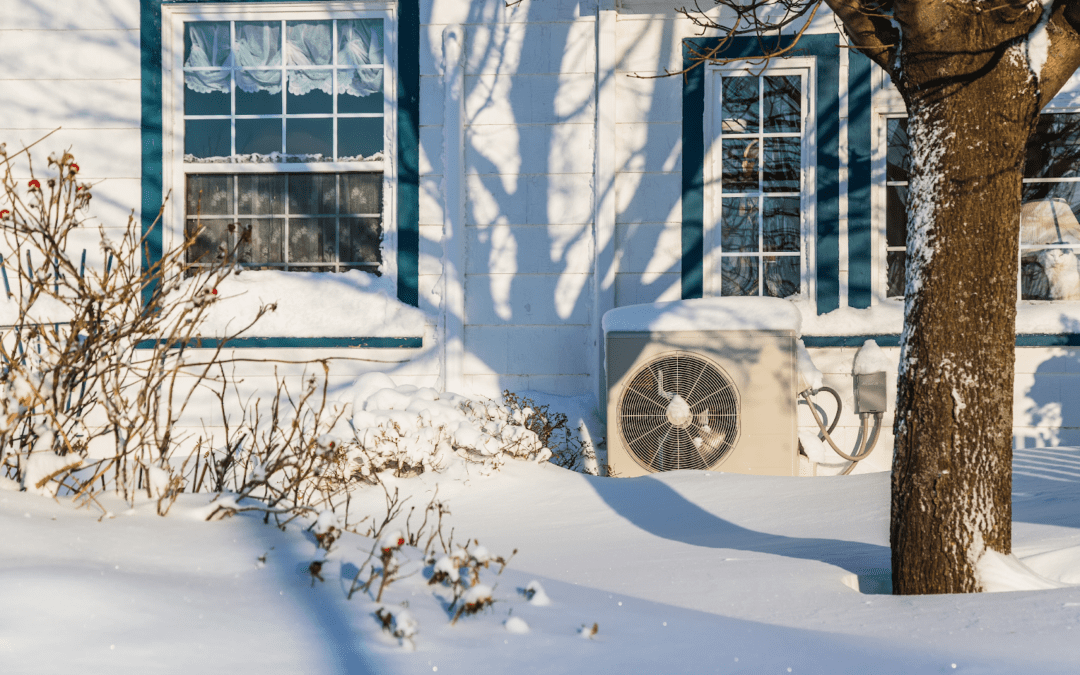As the temperatures begin to drop, it’s essential to ensure that your heat pump is working efficiently to keep your home warm and comfortable throughout the winter season. Heat pumps are not only energy-efficient but also have a longer lifespan than traditional HVAC systems. However, like any other home appliance, they can also malfunction, and identifying the warning signs early on can help you prevent a total breakdown or an expensive heat pump repair in Spanish Fort.
In this blog post, you’ll learn more about the common warning signs of a faulty heat pump and the right steps to take to address these issues before it’s too late.
Weak airflow
If you notice that your heat pump is blowing weak or lukewarm air, it’s possible that the airflow is blocked or the fan isn’t running correctly. This issue can caused by a dirty air filter or a malfunctioning blower motor, and if left unaddressed, it can lead to more severe problems that require costly repairs or replacements.
Unusual noises
Heat pumps are generally quiet when running smoothly, and any unusual noises are a clear indication that something is wrong. If you hear loud banging, grinding, or screeching noises coming from your heat pump, it could be a sign of loose parts, worn-out bearings, or a faulty compressor. Contact a certified HVAC technician to inspect your system and determine what repairs or replacements are necessary.
High energy bills
If you notice that your energy bills have increased significantly, it could be a sign of a faulty heat pump. Inefficient heat pumps consume more energy to produce the same level of heat, resulting in higher energy bills. Additionally, clogged filters or leaky ducts can cause your heat pump to work harder to maintain the desired temperature, resulting in increased energy consumption.
Short cycling
cycling refers to when your heat pump turns on and off frequently, which can indicate a range of problems, including a faulty thermostat, low refrigerant levels, or a malfunctioning compressor. Short cycling not only affects the efficiency of your heat pump but also increases the likelihood of breakdowns, which can lead to expensive repairs or replacements.
Foul odors
If you notice a musty or foul smell coming from your heat pump, it could be a sign of mold, mildew, or bacterial growth. These contaminants not only affect your indoor air quality but also pose a significant health risk. It’s essential to contact an HVAC technician to inspect your system and clean any contaminants to protect your family’s health and well-being.
In summary, identifying the warning signs of a faulty heat pump is crucial in preventing costly repairs, replacements, or a total breakdown. If you notice any of the above signs, it’s recommended that you contact a certified HVAC technician to diagnose and repair the issue promptly. Call the pros today!

